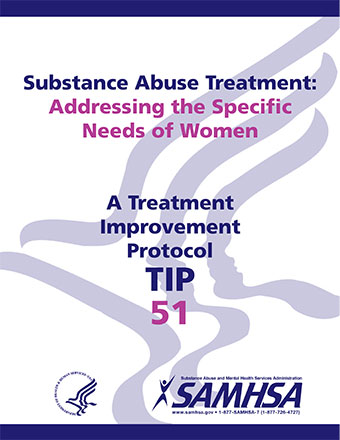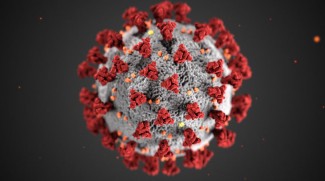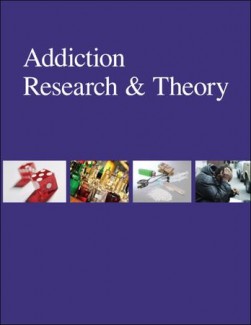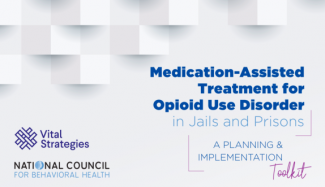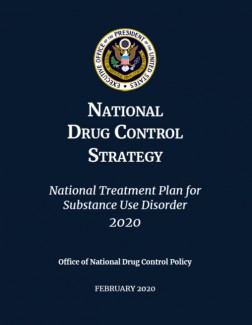TIP 51: Substance Abuse Treatment: Addressing the Specific Needs of Women
Publication
This guide assists providers in offering treatment to women living with substance use disorders. It reviews gender-specific research and best practices, such as common patterns of initial use and specific treatment issues and strategies.
